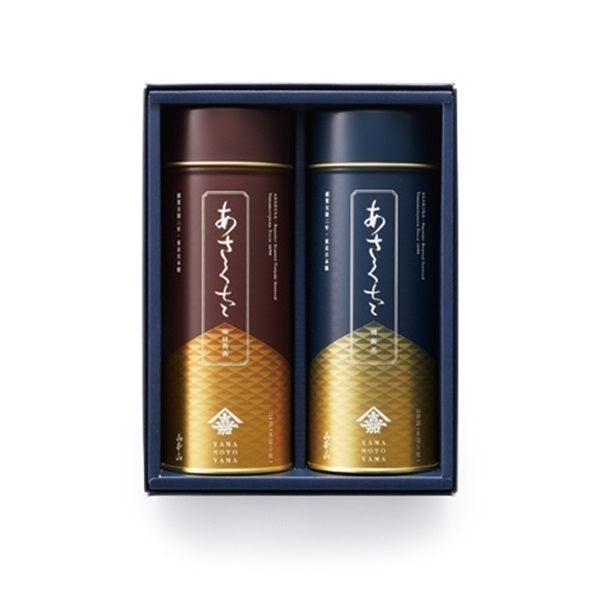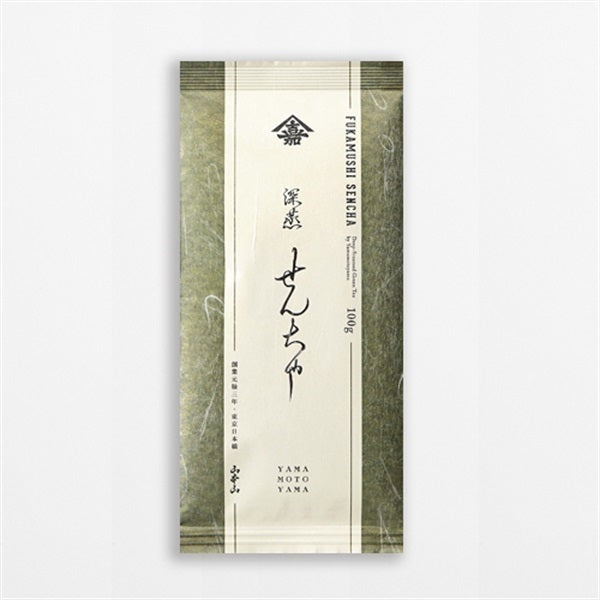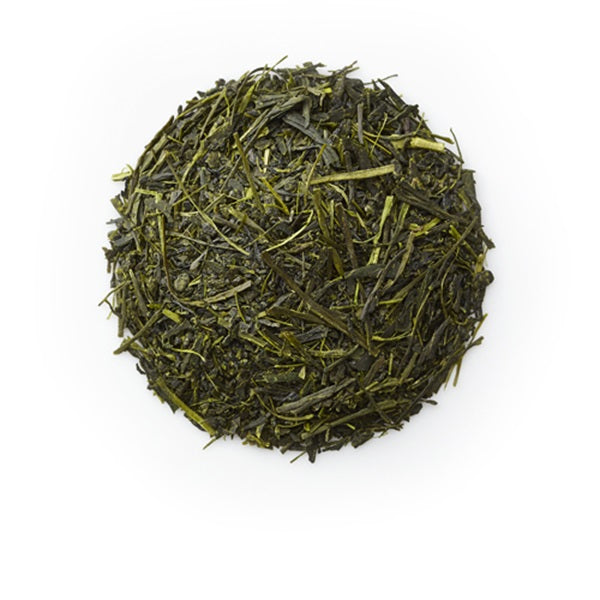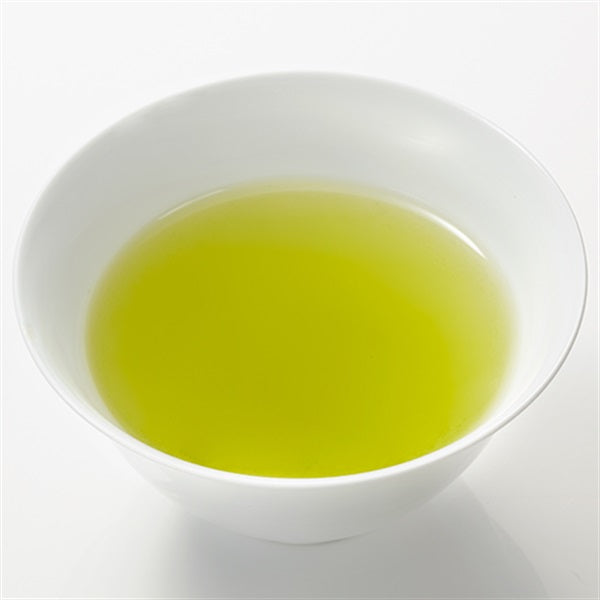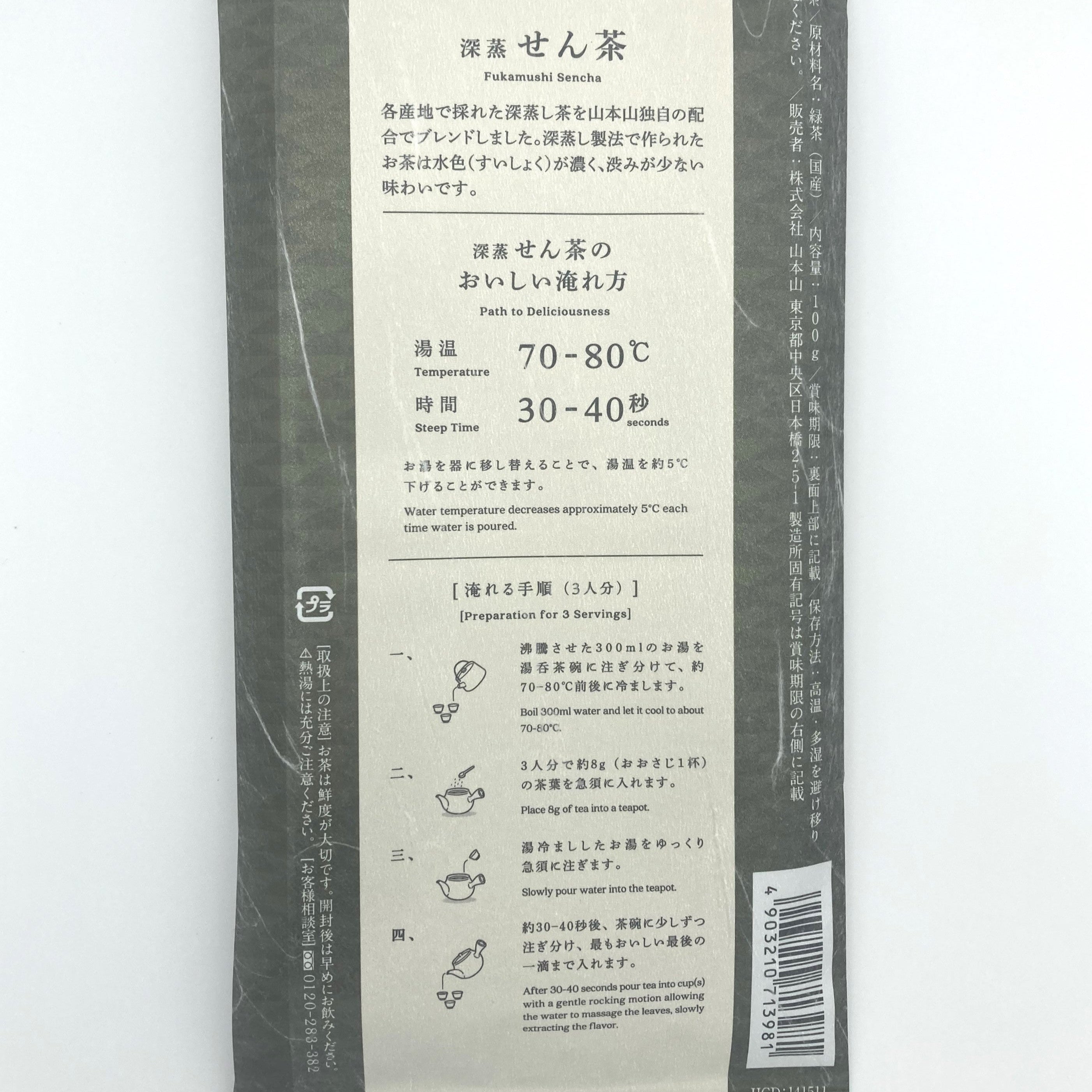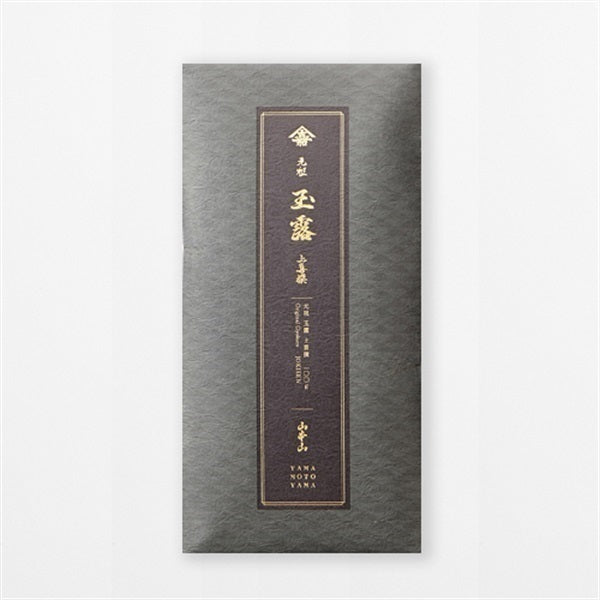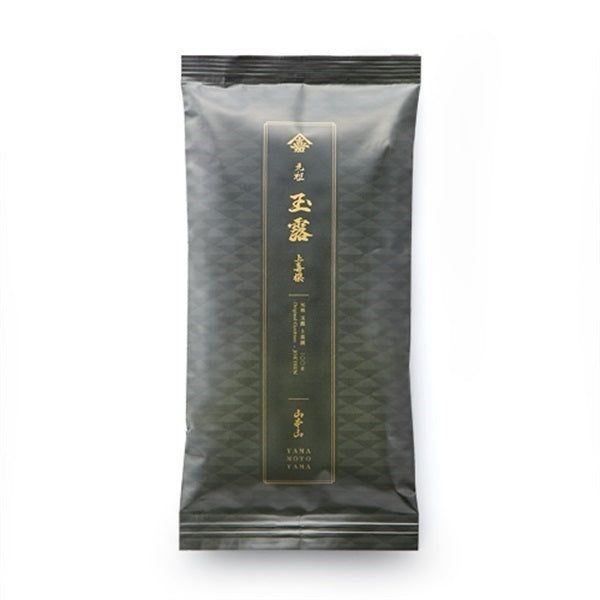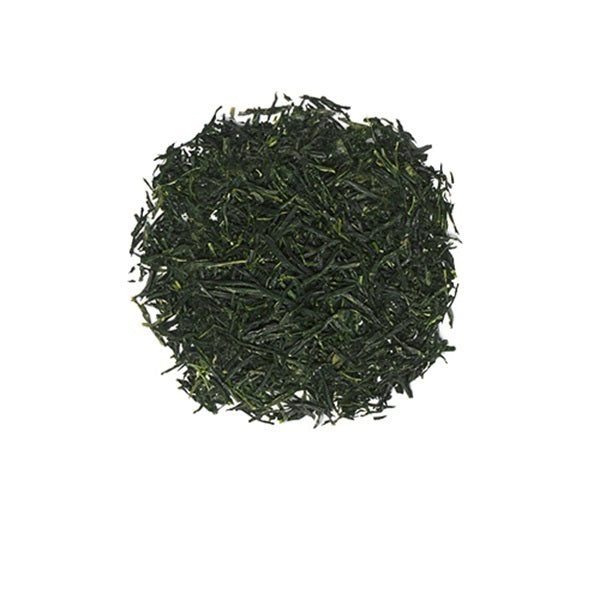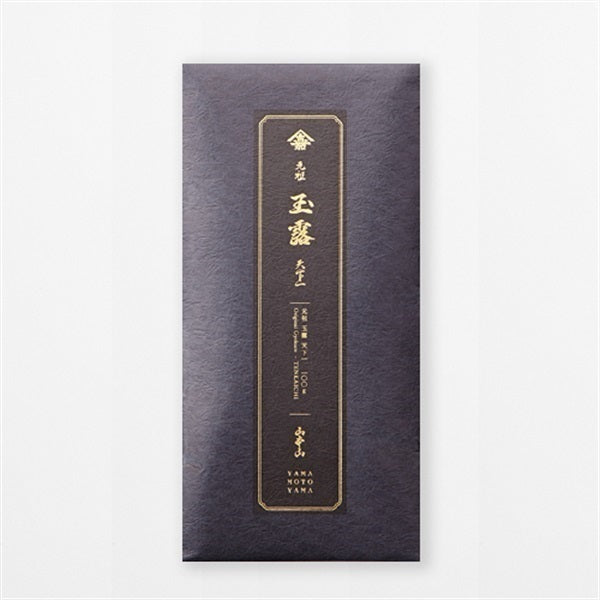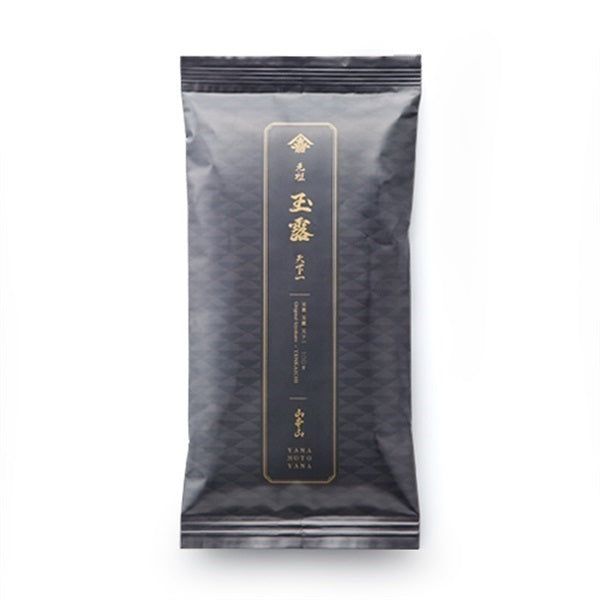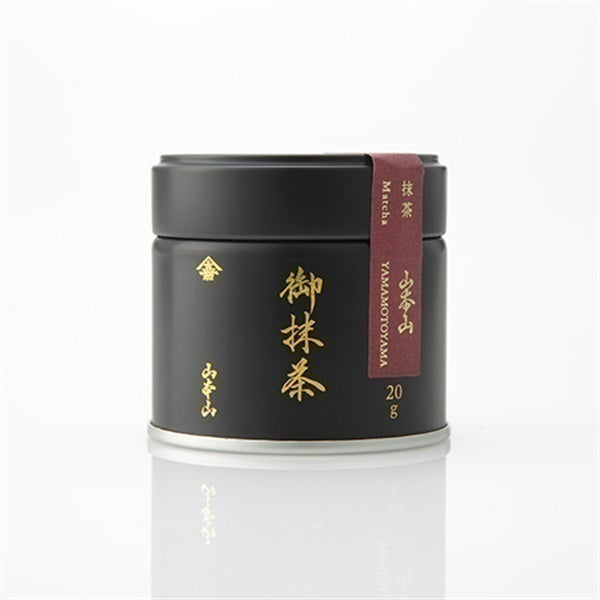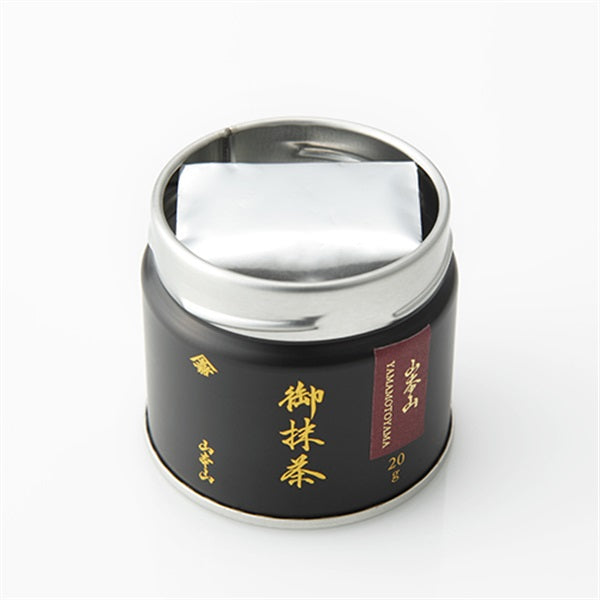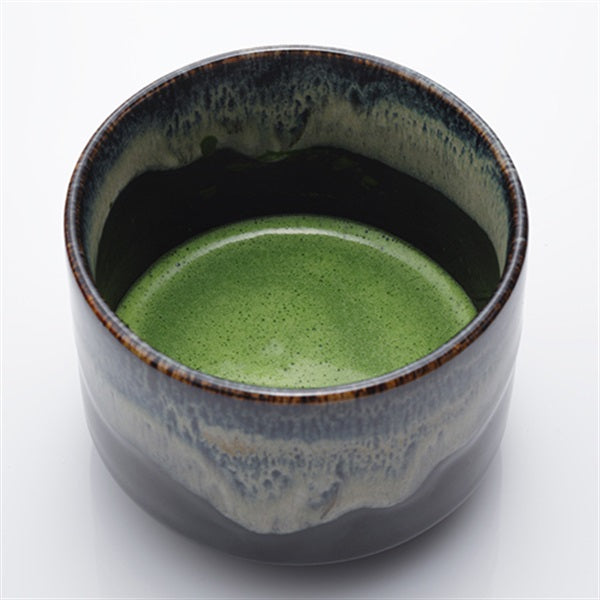
Is it true that green tea is effective against cancer? Surprising facts revealed by data from tea-producing regions
- Introduction
- Green tea and cancer: origins and current status of research
- Green tea components and cancer suppression mechanism
- Cancer mortality rates in tea-producing regions revealed
- Drinking 5 cups of green tea a day reduces the risk of stomach cancer by 70%!
- Future outlook
- Five points to improve cancer prevention effectiveness
- Drinking tea brewed in a teapot
- Drink multiple times a day
- Brew with hot water
- Drink with meals
- Choose the type of tea
- summary
Introduction
The most common cause of death among Japanese people is cancer.
However, there are many reports showing that areas known for producing green tea have a low incidence of cancer. What is the reason for this?
This time, we will be discussing the theme of "Green Tea and Cancer Prevention," and will be explaining in detail the relationship between green tea consumption and cancer development, including the latest research results.

Green tea and cancer: origins and current status of research
Green tea has been known to have health benefits since ancient times.
In recent years, its health benefits have attracted attention from a scientific perspective, and research into its effectiveness in cancer prevention in particular is being actively conducted.
However, what first drew attention to the health benefits of tea was the discovery that tea has the effect of suppressing cell mutations related to cancer.
Experiments on microorganisms and animal cells have revealed that green tea strongly suppresses mutations caused by carcinogens.
This marked the beginning of full-scale research into the relationship between tea and cancer, with hopes growing that it may have a preventive effect against stomach cancer, the leading cause of cancer among Japanese people.

Green tea components and cancer suppression mechanism
The development of cancer begins with genetic damage.
In our living environment, substances that cause mutations (initiators) around us, such as chemicals and viruses, damage genes, causing normal cells to mutate.
However, various studies have shown that the catechins contained in green tea, especially EGCG (epigallocatechin gallate), have the effect of suppressing this mutation.

In addition, EGCG has been reported to have the effect of suppressing the function of cancer stem cells.
Cancer stem cells are thought to be deeply involved in cancer recurrence and metastasis, so it could be said that EGCG's effect on cancer stem cells has the potential to make a significant contribution to cancer suppression.
In addition, green tea is rich in antioxidants such as vitamin C, vitamin E, and beta-carotene, and is expected to have the effect of suppressing the occurrence of cancer itself by preventing damage to cellular DNA.

Cancer mortality rates in tea-producing regions revealed
The health benefits of green tea, especially its cancer prevention properties, have been studied for many years.
Early studies using microorganisms and animal cells confirmed that green tea inhibited mutations caused by carcinogens, a groundbreaking discovery that demonstrated the effectiveness of green tea at the cellular level.
Research then progressed to epidemiological studies on humans.
The results revealed that people who consume green tea on a daily basis, especially residents of Shizuoka Prefecture, known as a green tea producing region, have a cancer mortality rate that is much lower than the national average.

Even more interesting is the result of analyzing Shizuoka Prefecture by dividing it into 75 cities, towns and villages and adjusting for the age structure.
When we created a cancer mortality distribution map, we found that the cancer mortality rates within Shizuoka Prefecture were particularly low in major green tea producing areas such as Kawane, where people drink a lot of tea on a daily basis.

Drinking 5 cups of green tea a day reduces the risk of stomach cancer by 70%!
A large-scale epidemiological study conducted by the National Cancer Center in response to this finding found that women who drank five or more cups of green tea a day had a more than 70% lower risk of developing stomach cancer than women who drank less than one cup a day.
Furthermore, animal studies have shown that green tea inhibits carcinogenesis not only in stomach cancer, but also in various other organs, including the duodenum, pancreas, lungs, and mammary glands.
As mentioned above, this is thought to be because the catechins contained in green tea, especially EGCG (epigallocatechin gallate), have the effect of inhibiting the action of enzymes involved in the proliferation and metastasis of cancer cells, and inducing apoptosis (self-destruction) in cancer cells.

A subsequent epidemiological study conducted by the Saitama Cancer Center also found data showing that people who drink 10 or more cups of Japanese tea per day have a lower incidence of heart disease and a lower cancer mortality rate, and it was published that the age at death from cancer is approximately 3 years later for men and approximately 7 years for women than those who drink 3 or fewer cups of Japanese tea per day.
As such, various research results suggest that the more green tea you consume, the greater the cancer prevention effect.
Green tea is attracting worldwide attention as a food with potential for cancer prevention, and further research is being conducted both in Japan and overseas.

Future outlook
Although a great deal of research has been conducted on the anti-cancer effects of green tea, not everything has yet been clarified.
The degree and mechanism of effect are thought to be influenced by various factors, such as individual differences, type of green tea, and amount consumed.
However, based on the results of research to date, it is safe to say that there is a good chance that green tea can be useful in cancer prevention. Incorporating green tea into your daily life is likely to lead not only to cancer prevention, but also to health promotion.

Five points to improve cancer prevention effectiveness
To get the most out of green tea's health benefits, it's important to know how to consume it properly.
1. Drink tea brewed in a teapot
Bottled tea is easy and convenient, but tea brewed in a teapot contains about 5 times more theanine, 1.4 times more polyphenols, and 2.5 times more catechins than bottled tea. By extracting tea directly from tea leaves, you can ingest more of these active ingredients.
2. Drink multiple times a day
Unfortunately, the health benefits of green tea don't last long in the body, so you should drink it multiple times a day to get the most out of it.
Ideally, you should get into the habit of drinking tea frequently, such as in the morning, afternoon and evening.
According to the National Cancer Center study mentioned above, women who drink five or more cups of green tea a day have a significantly reduced risk of developing stomach cancer.
Five cups a day may seem like a lot at first glance, but you can easily incorporate it into your life by having one cup as soon as you wake up, one cup at breakfast, one cup during your afternoon break, one cup at dinner, and one cup while relaxing before bed.
3. Brew with hot water
The temperature of the water is important to efficiently extract the various components contained in green tea.
Catechins are easily extracted at high temperatures, so it is recommended to brew with water that is 80°C or higher.
In particular, EGCG, which is expected to have antioxidant and anti-cancer effects, can be ingested more efficiently by extracting it with hot water of 80°C or higher.
4. Drink with meals
It is known that the catechins contained in green tea are more easily absorbed when consumed with meals.
This is because catechins are more easily absorbed when they bind with fats and proteins in the diet, so try to drink tea during or after meals.
5. Choose the type of tea
There are many types of green tea, including gyokuro, sencha, and bancha, and the ingredients they contain vary depending on the variety and cultivation method.
If you are looking for health benefits, it is best to choose a variety that is high in catechins.

Catechin-rich varieties
1. Gyokuro
Gyokuro is cultivated by covering the tea fields to block out sunlight for about 20 days before harvest. This is to suppress the bitter component catechin and increase the umami component theanine.
However, blocking sunlight does not reduce the amount of catechins. Gyokuro is known to have a higher catechin content than Sencha or Bancha. This is thought to be because blocking sunlight changes some of the catechins into a form that is less bitter and more easily absorbed by the body.
2. Matcha
Matcha is made by grinding tea leaves that are grown in the shade, just like gyokuro, in a stone mill. Like gyokuro, the tea leaves contain a high level of catechins, and because it is in powder form, you can consume all of the nutrients contained in the tea leaves.
3. Kabuse tea
Tea produced from tea leaves that are grown in a shaded area, covered with straw or cheesecloth for about a week to 10 days before the leaves are picked, is called Kabusecha. It is a mellow tea with a taste and aroma that is somewhere between Gyokuro and Sencha. Like Gyokuro and Matcha, it is characterized by its high catechin content.
4. Deep-steamed Sencha
Deep-steamed sencha is made by steaming the tea for a longer period of time than regular sencha, which reduces its bitterness and brings out its delicious flavor.
The catechin content itself is less than that of gyokuro or matcha, but because the steaming time is long, the tea leaves are finely divided and easily dissolve in hot water, allowing you to consume a richer amount of the ingredients than with regular sencha.

summary
As you can see, the anti-cancer effects of green tea are wide-ranging, including the antioxidant effects of catechins, the inhibition of Helicobacter pylori infection, and the inhibition of cancer metastasis.
These effects have been confirmed in studies at the cellular, animal and human levels, suggesting that green tea may be effective in cancer prevention, and new science is increasingly supporting this.
Of course, cancer is a disease that develops as a result of a complex combination of factors, including genetics and lifestyle habits, so consuming green tea alone cannot completely prevent cancer.
However, incorporating green tea into your daily life may have positive effects not only on cancer prevention but also on your overall health.
Healthy diet, moderate exercise, and green tea.
By incorporating these in a balanced way, you can reduce your risk of cancer and live a healthy life every day.
References
Tsugane, S. et al. The relationship between green tea intake and gastric cancer incidence. Journal of the Japanese Cancer Association. 2004; 95(12): 1235-1241.
Ministry of Health, Labour and Welfare. Vital Statistics.

